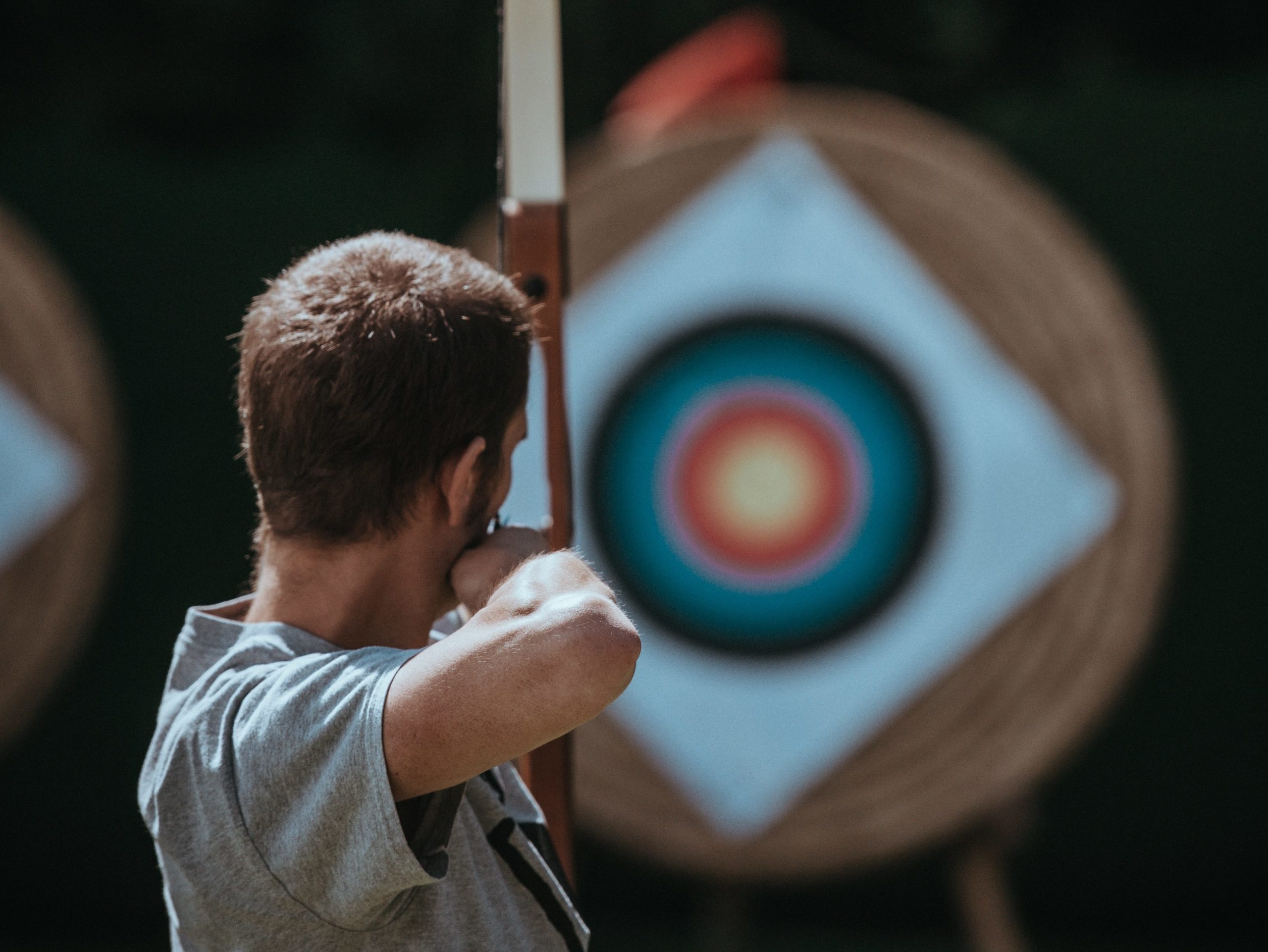How to Stay Calm Under Pressure
From athletes to public speakers and anyone in between, the pressure of a situation can get to you. Even if you practice for months in your sport, memorize your speech, and study for the test, you can still choke under the weight of expectation in that very crucial moment. Which sucks. So is there a way to stay calm under pressure?

Check out this guide to navigating expectations and learning how to stay calm under pressure today. Learn about performance anxiety, choking under pressure, and tools you can use to overcome it.
What is Being Under Pressure
Being under pressure in this scenario refers to feeling overwhelmed, nervous, or anxious when it comes to a certain situation. This can be due to having to win a game in sports, a spelling bee, giving a public speech, and many more stressful situations.
Sometimes, pressure comes from the weight of expectation that comes down to a single moment. You can practice all you want, but how you do in the specific scenario is influenced by how well you stay calm under pressure.
Types
There are different types of pressure that can affect you. Some may experience performance anxiety. For example, in sports, sometimes the win comes down to one catch, one throw, and one touchdown. This can be a stressful situation for anyone, no matter how much you have practiced. It results in decreased performance during the entire event. Another way pressure manifests itself is the concept of choking under pressure. This is when you fail at the moment it matters the most.
Why Being Nervous Causes Issues
So, the stress and nerves that come with being in an intense high-pressure situation cause us to either perform worse or fail. Why does this happen? It all relates to your level of focus.
Distraction Theory
These theories state that when you are thinking about something else, your performance will be worse. In These cases of pressure, you are thinking of what can go wrong, of your own stress, or anything else. This decreases attention to the task you should be focusing on, which leads to a decrease in performance and an increase in possible failure. Tasks that require some sort of memory tend to be affected by this.
For example, in this study, students were asked to perform complex or simple problems. Some were required to perform with nothing at risk, while others had pressure. All the students were able to perform the simple problems well, however, the group under pressure struggled on the more complex problems. This is because the mind can only think of so much at once. When trying to handle pressure, the mind has less ability to focus on the problems.
Explicit Monitoring Theories
These theories focus on how pressure causes us to overthink and excessively analyze the situation. Thinking about every simple step down to the tiniest detail may interfere with your ability to do it. Things that we do almost automatically or unconsciously are affected by this type.
For example, in this study, golfers were told to hit the golf ball like normal and another group of golfers were told to think about every little step and mechanic of putting. The group that was told to overthink and analyze their putting performed worse than the groups told to golf like normal. This is because golfers, and others in sports, practice so much that actions become unconscious. The form, strength, etc., are all learned habits and do not need to be overthought. In cases of pressure, these learned habits are overanalyzed, which is when reduced performance and failure occur.
How to Stay Calm Under Pressure
Some people are more likely to feel nervous, particularly people who are nervous, anxious, or self-conscious. However, there are ways to stay calm under pressure and avoid choking in intense situations.
Practice (under stress)
Practice does not make perfect, practice makes habit. So some general advice is to practice until you can do something well and unconsciously. It is even more helpful, however, to practice in stressful situations. Practicing under stress can help you become used to the feeling of pressure.
Pre-game Ritual
Some studies have found that individuals who perform a small activity before a performance tend to be more consistent and perform better. This can be as small as stretching a bit, doing a little dance, having a mantra, taking some deep breaths, etc.
Focus Outside of You
At the end of the day, focus is what matters under pressure. Research has found that having an external goal is better than focusing internally. This means you should keep your eye on the prize and not concentrate so much on the mechanics of what you are doing.
Quick Tips for Reducing Anxiety in General
A large part of choking is anxiety. Now, here are some tips for reducing overall anxiety and getting through tough situations!
- Use breathing techniques – breathing techniques that utilize deep, conscious breaths tend to relax the mind and body by activating the parasympathetic nervous system. This is the part of the body that is responsible for slowing down heart rate, improving digestion, and decreasing blood pressure.
- Meditate daily – the brain of someone who meditates has noticeable, physical differences when compared to the brain of someone who does not use this habit. Make meditation a daily habit, even 5 minutes can make a world of difference. Check out this beginner’s guide here.
- Sleep well – sleep affects performance greatly! Studies have found that people who sleep less perform worse than those who get a good night’s rest. Trouble sleeping due to the stress of the task? Here’s a guide to help you sleep!
- Use affirmations – affirmations can be used as a ritual before the game or performance, or they can be used to train the mind and practice. Learn how to use affirmations in a way that actually works here!
- Ground yourself in mindfulness – like meditation, mindfulness can change the brain for the better. In fact, mindfulness can be used as a meditation technique to ground yourself in the present moment! Check out the guide here.
The Takeaway
Learning how to stay calm under pressure is a vital skill to acquire in life in order to improve mental wellbeing and performance. There will always be stressful situations, but how you handle them can make a world of difference.
Remember that health starts from within, so eat nutrient-dense food, exercise 3 to 5 times a week, and take care of your mental health. Don’t forget about gut health too since our microbiota health affects metabolism, the muscles, the immune system, digestion, skin health, and more! Get all the resources you need about microbiota health for free here!





